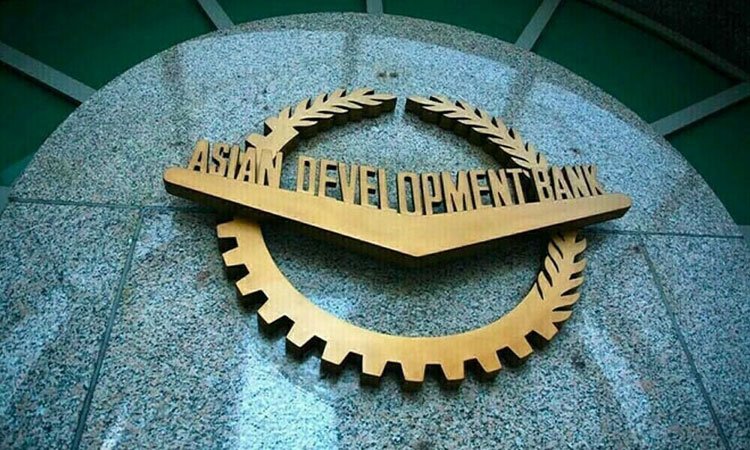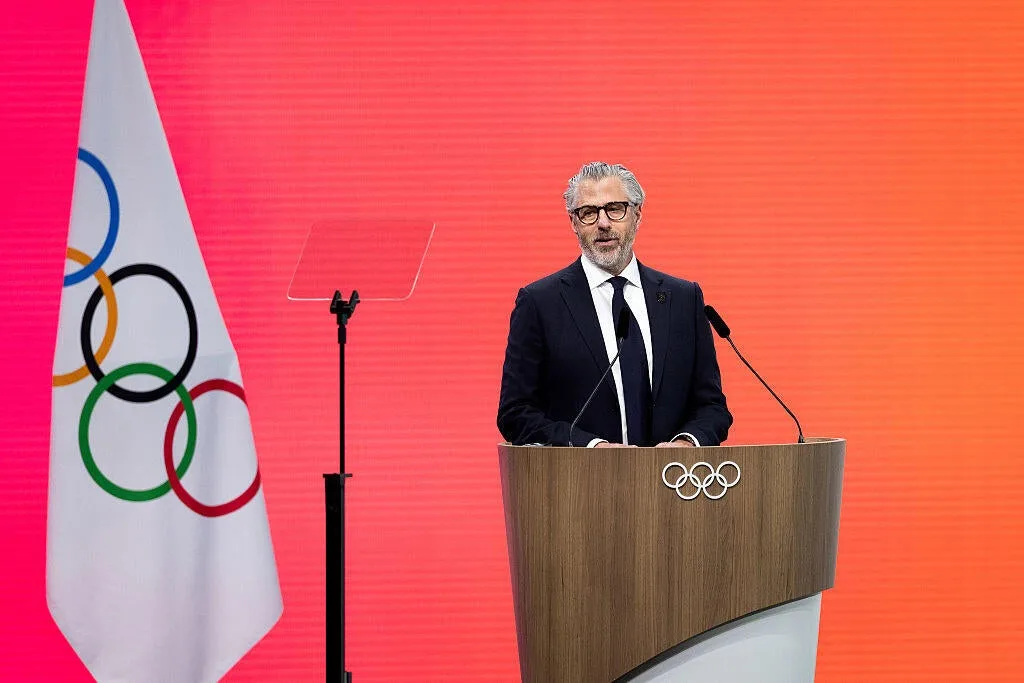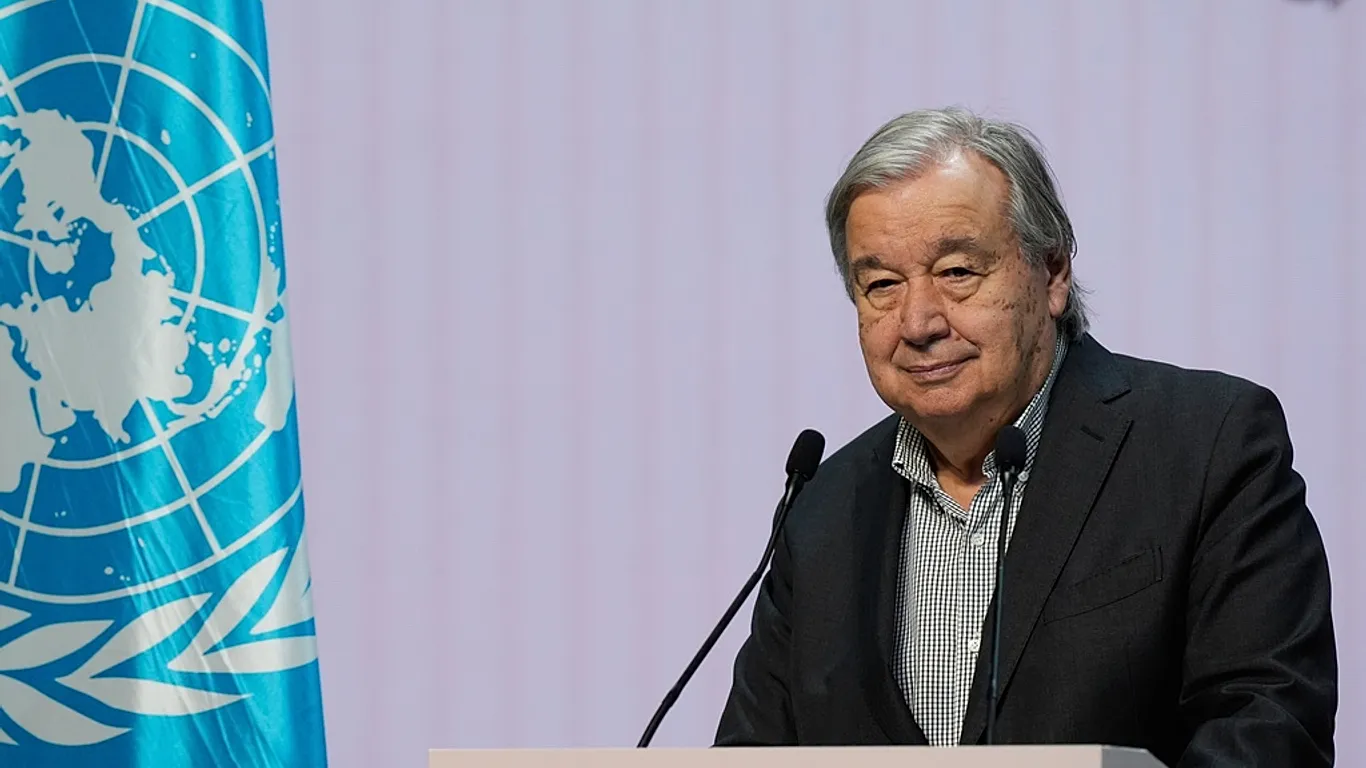The Asian Development Bank (ADB) is set to fund a major upgrade of Pakistan’s railway network, stepping in after delays from China threatened crucial transport links for the country’s mining industry, sources said.
Plans to modernize 1,800 km (1,118 miles) of railways were originally part of a $60 billion Chinese investment announced in 2015 under Beijing’s Belt and Road Initiative. However, years of negotiations have yet to produce a financing package from China, the single largest project in the deal. Pakistan also faces challenges in repaying Chinese loans from other projects.
Officials said the railway improvements have become urgent because the line is vital for transporting copper ore from the Reko Diq mine, operated by Canada’s Barrick Mining Corporation.
“We will have a crisis. How will you evacuate output from Reko Diq? The exhausted line will come under even more pressure,” said a senior government official familiar with the plans.
The ADB has not officially confirmed the financing package, which was first reported by Reuters, but stated that it regularly discusses railway sector development with the Pakistani government.
“Any potential ADB assistance would be subject to comprehensive due diligence and consideration under ADB’s policies and procedures before any commitment is made,” the bank said in a statement.
The proposed deal is expected to be announced later this month. It could provide Pakistan with the funds needed to upgrade key railway sections, improving transport efficiency for copper and other critical materials.
The railway project is considered a strategic priority. Efficient rail transport is essential for mining and industrial activities, especially for moving heavy loads over long distances. Experts say delays in upgrading the network could hinder production at the Reko Diq mine and other sites.
The ADB’s involvement marks a significant shift in Pakistan’s infrastructure funding. While China has struggled to finalize the financing, the regional lender offers an alternative source of capital to sustain development projects.
The railway upgrade is part of Pakistan’s broader efforts to modernize its transport network. The government has prioritized enhancing connectivity to support industrial growth, trade, and regional integration.
Officials hope the ADB funding will also reduce dependence on Chinese loans, which have weighed on Pakistan’s finances. Delays in Chinese investment have been a concern, as debt repayments for previous projects have strained the country’s budget.
Analysts say ADB support could provide more predictable financing terms and technical oversight, helping ensure that the railway upgrades are completed efficiently.
Upgrading the 1,800 km of railways will involve improving tracks, signaling systems, and other infrastructure to meet modern standards. The project aims to increase capacity, reduce travel times, and lower transport costs for minerals and other goods.
Once completed, the upgraded rail line is expected to improve exports and domestic distribution, benefiting industries reliant on reliable transport. It will also strengthen Pakistan’s position as a regional trade hub.
ADB’s funding may also encourage other international lenders to participate in Pakistan’s infrastructure development, creating a more diverse pool of financing and reducing reliance on a single country.
The railway modernization reflects broader trends in South Asia, where countries are seeking multiple funding sources for large infrastructure projects. Diversifying investment reduces political and financial risk while accelerating development.
Officials say work on the Reko Diq transport line will start as soon as financing is secured. The project could also set a precedent for other stalled infrastructure projects, signaling that international lenders are ready to step in when previous plans face delays.
The railway upgrade is expected to enhance efficiency, support mining operations, and contribute to long-term economic growth, according to government sources.







